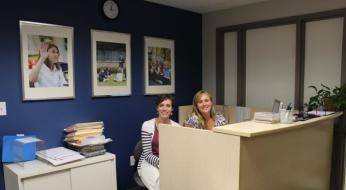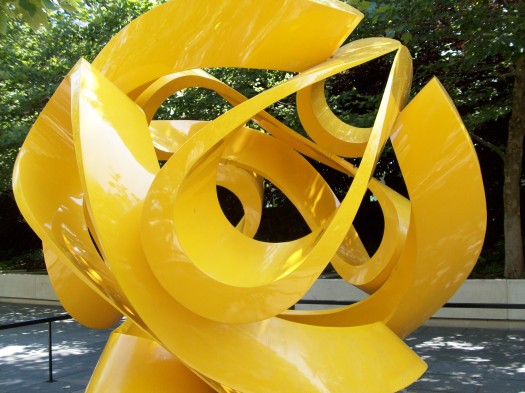“Alexander wants to get to know you a little better.”
I am sitting in a small coffee shop (no, not Barnes and Noble this time). The Shins are playing, my coconut mocha is better than I imagined, and I am shocked at how exhausted I am from my first full week of teaching. Five days feel so much longer when they aren’t your own anymore.
And this email has popped up on my computer: “Alexander wants to get to know you a little better.”
Some of you probably don’t quite know what it is.
But, you should know, I have done something silly and irrational.
I joined eHarmony.
There is good, rational thought behind this.
1. I joined when it was free. There is absolutely NO WAY I am paying for this service. I joined when it was free, however, the free weekend is over, and absolutely no communication can happen now. It’s like a black hole of potential love.
What’s the point of “this service,” then, you ask?
2. To prove that there are good, Christian men out there. Oh wait, the clincher: good, interesting, Christian men.
Because it seems that I have a number of great, Christian guys I call friends. But none of them are interested in me. And, even more bizarrely, I am not interested in one of them.
I know, it’s a terrible ego-stroker. I check my email, and every ding – Chris, Matthew, Ramy, and Phillip – sends my little too-cheap-to-pay-for-eHarmony-heart a-pitter-pattering.
I don’t know who any of these men are. And I never want to.
All I want is a silly email when I get out of work, when I’m done teaching, done opening mail, done stamping the seemingly-endless stack of mailings, that says:
Someone, somewhere, thinks that perhaps, maybe, there might be a chance that you’re fun. And interesting. And cool.
That’s all I want. At least for now.














